Cats are well-known for their fastidious grooming habits, but many cat owners may not fully understand the critical role grooming plays in a cat’s overall health. Grooming is not just about cleanliness; it’s a comprehensive process with a range of benefits that contribute to both the physical and psychological well-being of felines. In this article, we’ll explore how grooming helps cats stay healthy, shedding light on the many functions and advantages of this natural behavior.
The Evolutionary Background of Cat Grooming
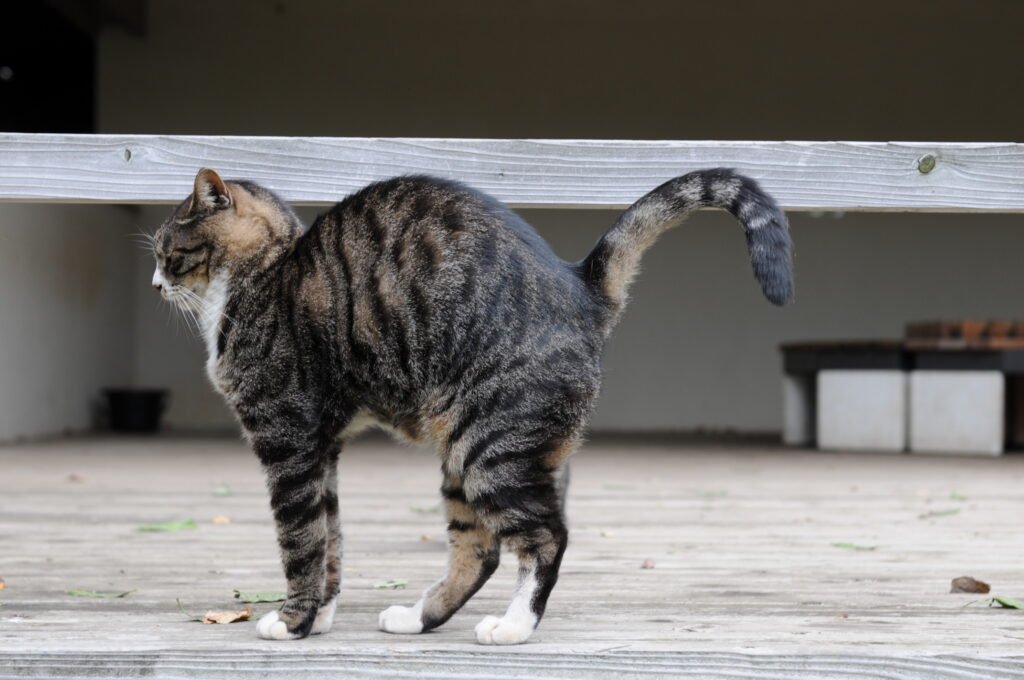
Grooming has deep evolutionary roots in cats. Wild cats have honed their grooming habits over thousands of years as a means of maintaining stealth by eliminating odors, removing parasites, and keeping their coat in optimum condition for survival. Understanding this evolutionary background allows cat owners to appreciate the ingrained necessity of grooming their domestic pets.
Maintaining Skin Health
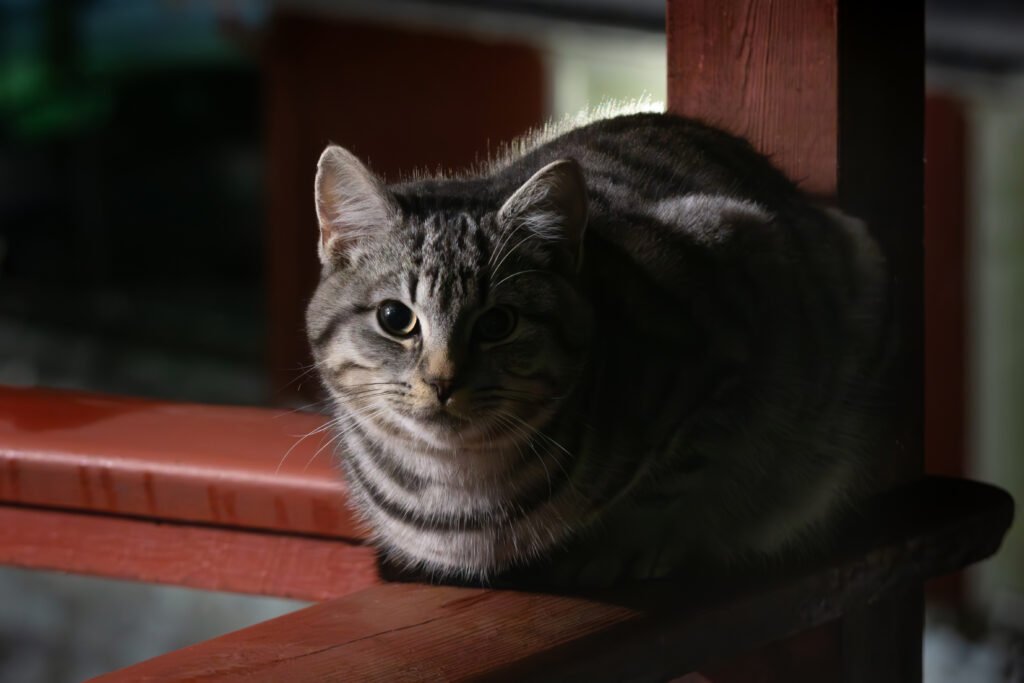
A critical function of grooming is the maintenance of skin health. As cats groom, they stimulate blood circulation and evenly distribute natural oils produced by the sebaceous glands. This process ensures that the skin remains hydrated and less prone to irritation or infection, promoting a healthy skin barrier against environmental allergens and pathogens.
Coat Condition and Temperature Regulation
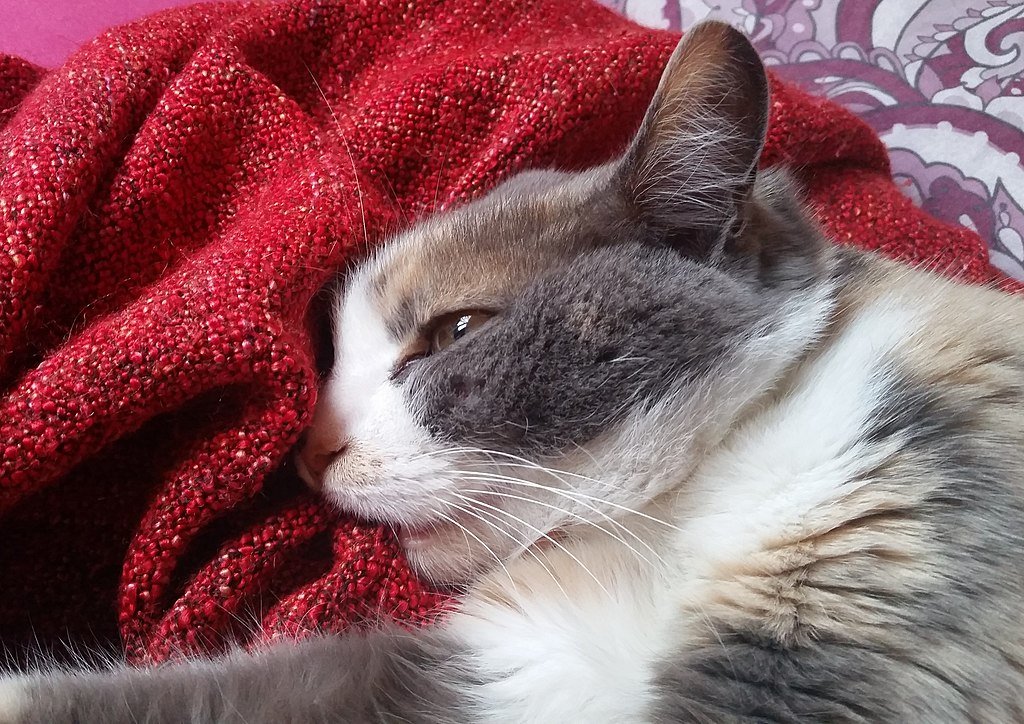
Regular grooming enables cats to regulate their body temperature. By removing loose hairs and untangling knots, cats maintain an efficient coat that acts as a temperature regulator, offering warmth or cooling depending on environmental conditions. Grooming keeps fur in top condition, ensuring it functions effectively as insulation.
Removal of Parasites
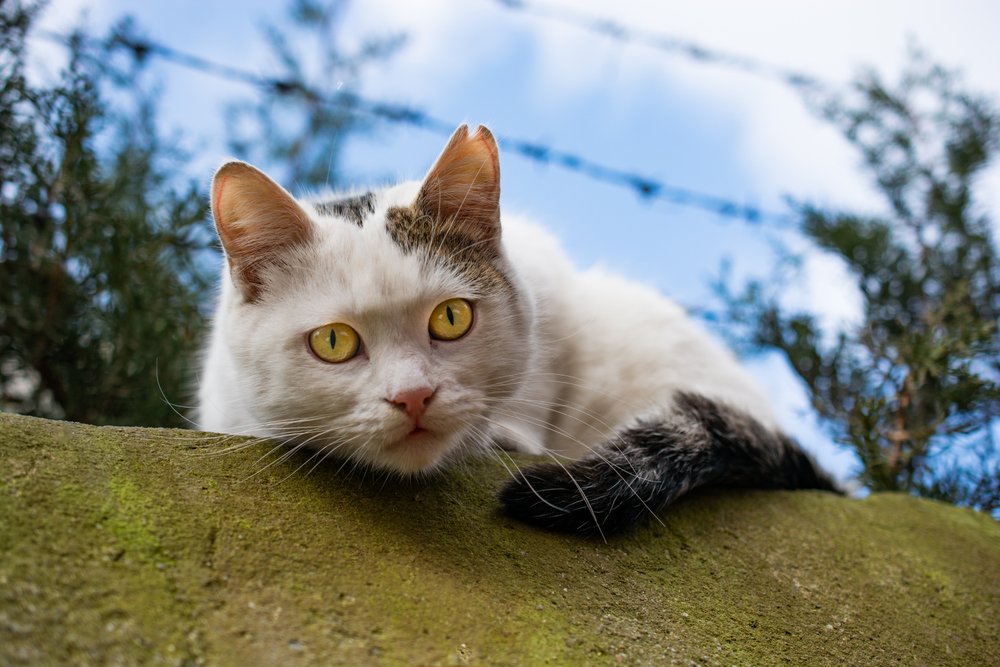
Fleas, ticks, and other external parasites can pose significant health risks to cats. Grooming helps in the physical removal of these parasites and their eggs, reducing the likelihood of infestations. Cats often focus on areas that are hotspots for parasites, providing a natural line of defense against these unwelcome hitchhikers.
Enhancing Mobility and Flexibility
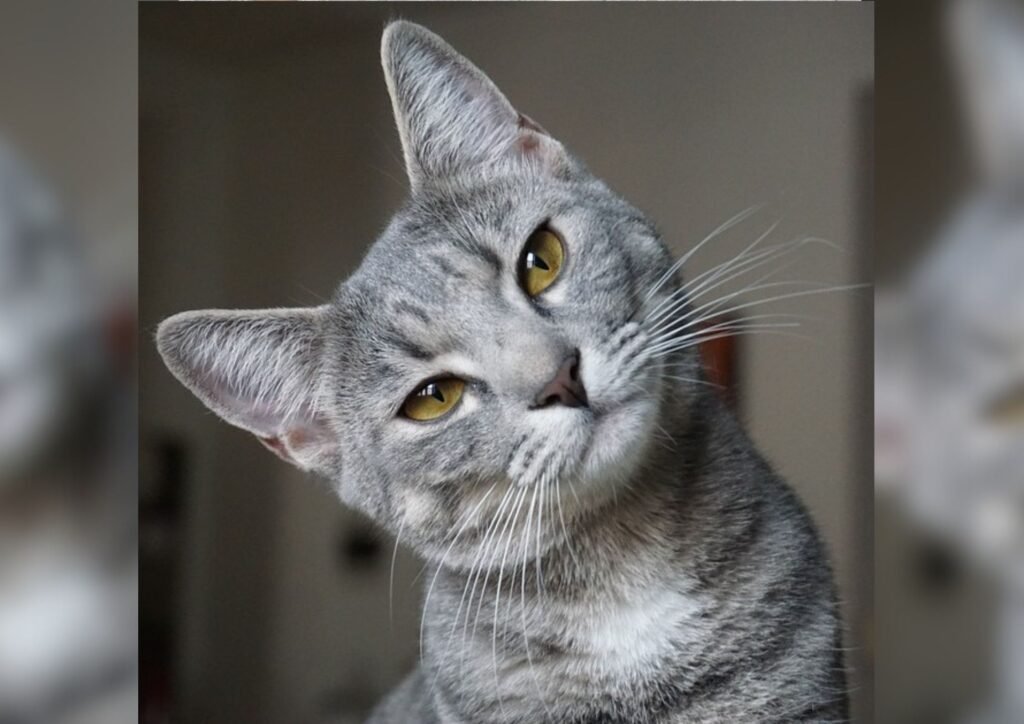
The act of grooming itself is a form of exercise that promotes flexibility. As cats twist and turn to reach different parts of their bodies, they stretch muscles and ligaments, enhancing overall mobility. This regular movement is particularly beneficial for older cats in maintaining joint health and preventing stiffness.
Stress Reduction and Emotional Well-being
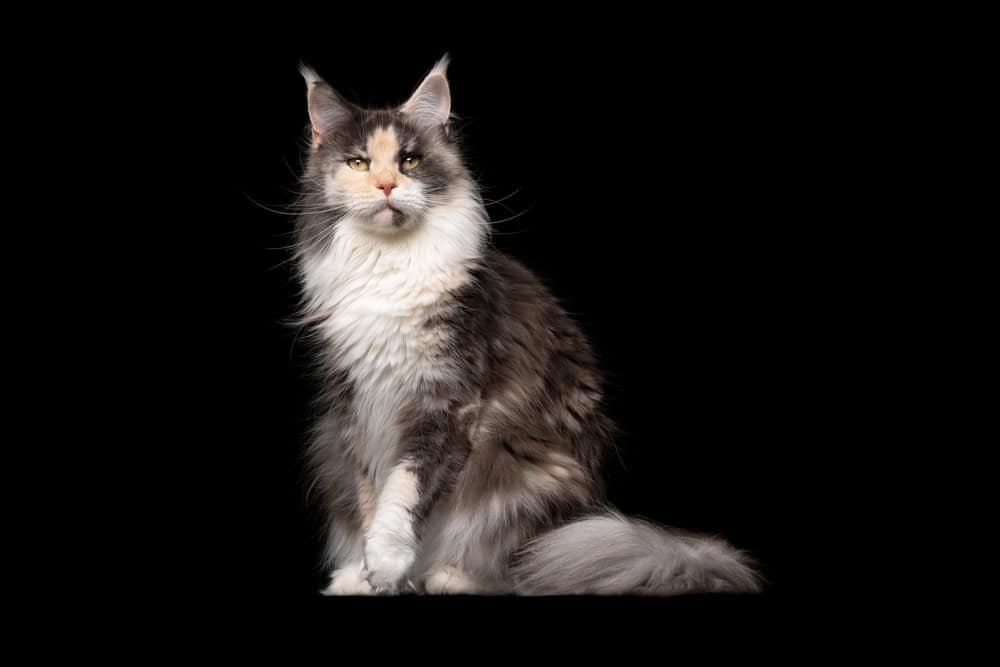
Grooming is also associated with stress relief and emotional well-being. It acts as a self-soothing mechanism that helps cats cope with anxiety or unfamiliar situations. The repetitive and rhythmic nature of grooming can have a calming effect, similar to meditation in humans.
Social Bonding with Other Cats
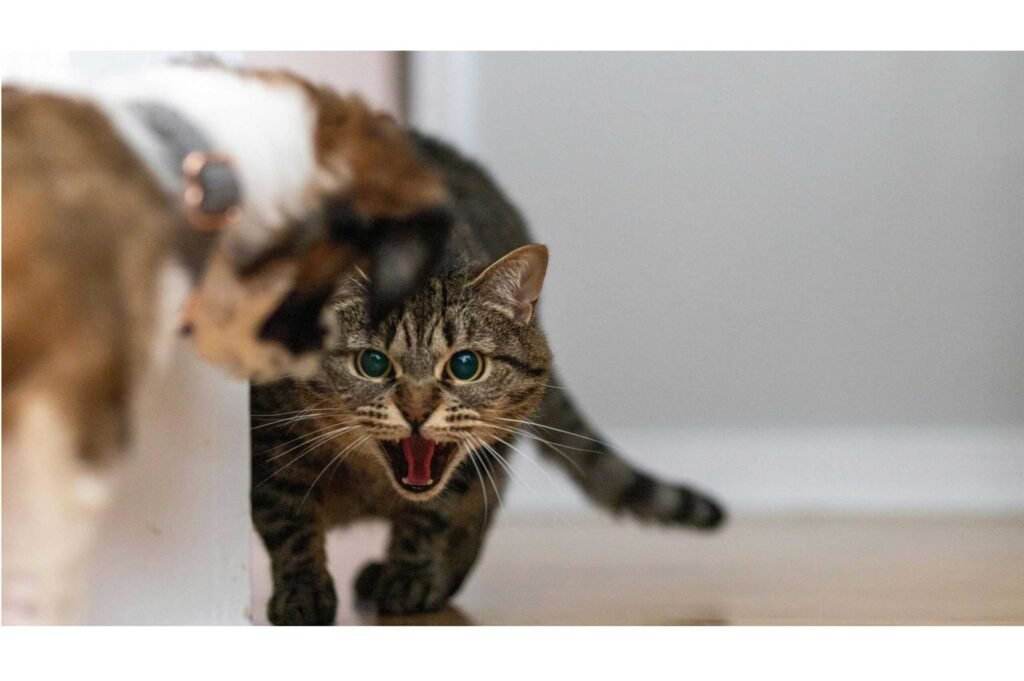
In multi-cat households, grooming serves as a social bonding activity. Cats often groom each other to establish trust and reinforce social hierarchies. This behavior, known as allogrooming, is a key aspect of their social structure, facilitating stronger relationships between cats.
Recognizing and Treating Health Issues Early
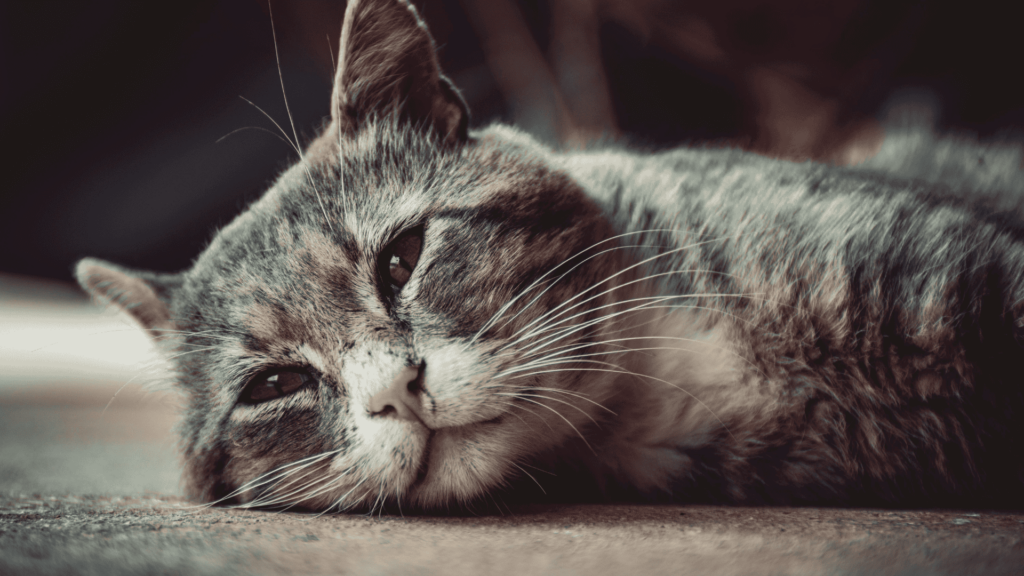
Regular grooming allows cats to detect any changes or irregularities in their bodies, such as skin lesions, lumps, or painful areas. As a result, cat owners might notice warning signs early by observing their cats’ grooming behaviors, leading to prompt veterinary consultations and early treatment of potential health issues.
The Role of Pet Owners in Supporting Grooming

While cats are proficient groomers, there are ways pet owners can support this natural behavior. Regular brushing aids in the removal of excess hair, reducing the risk of hairballs and matting. Additionally, maintaining a clean and stress-free environment encourages healthy grooming habits, preventing over-grooming or grooming neglect due to anxiety or distress.
Conclusion: The Essential Nature of Grooming
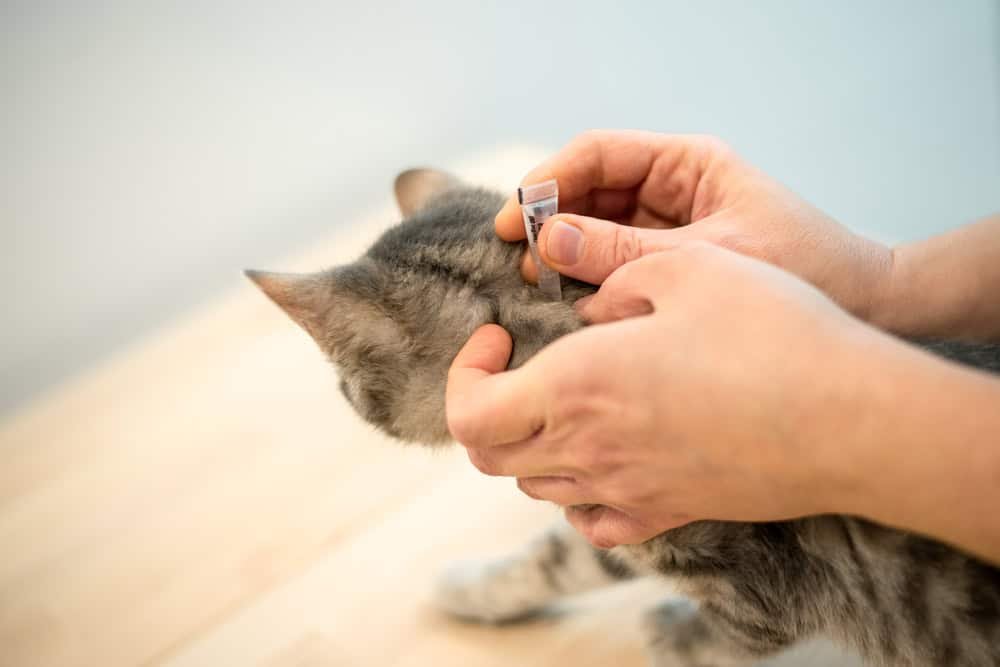
Grooming is much more than a cleanliness ritual for cats; it’s a multifaceted behavior essential to their health and well-being. By supporting their grooming habits and understanding the numerous health benefits, pet owners can ensure their feline companions lead happy, healthy lives. From maintaining skin and coat health to providing stress relief and facilitating social bonds, grooming is an indispensable aspect of a cat’s life that warrants appreciation and support.






